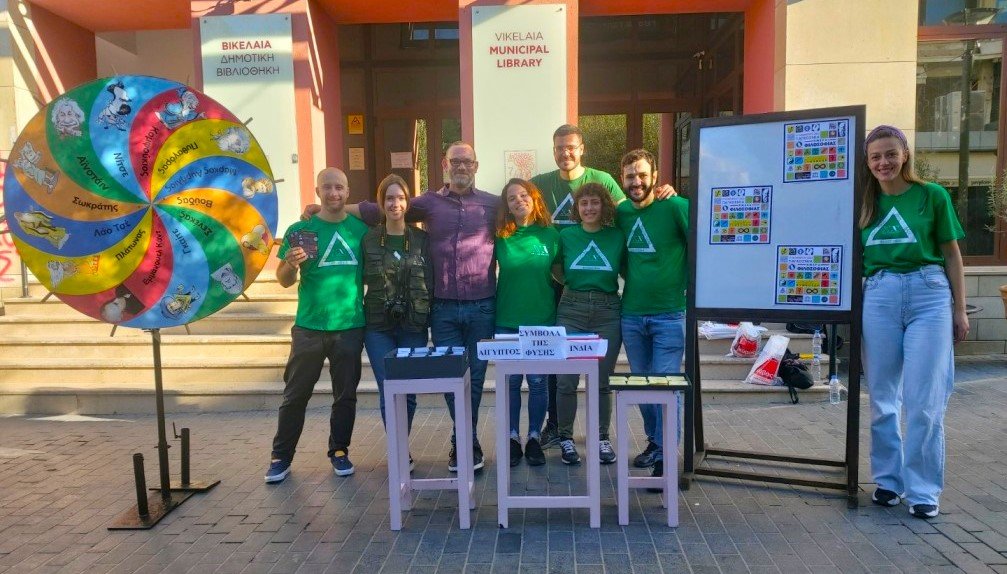
Philosophy for Living
Philosophy has always been a search for spiritual truth, a process of going more deeply into the knowledge of nature, the human being and the universe. Every act of searching is at the same time an exercise of freedom of consciousness in opposition to ignorance, confusion and the prejudices that prevent calm and deep reflection.

Our vision of Philosophy

For us, Philosophy is a love of wisdom, an innate attitude in human beings. Our task is to enable that innate attitude to be expressed in actions that will allow us to develop our full potential and improve our world. We propose a practical philosophy that will be useful for each individual and for society.
Philosophy, when it is practical, is educational. lt helps us to know ourselves and to improve ourselves. To be a philosopher is a way of life committed to the best aspirations of humanity.
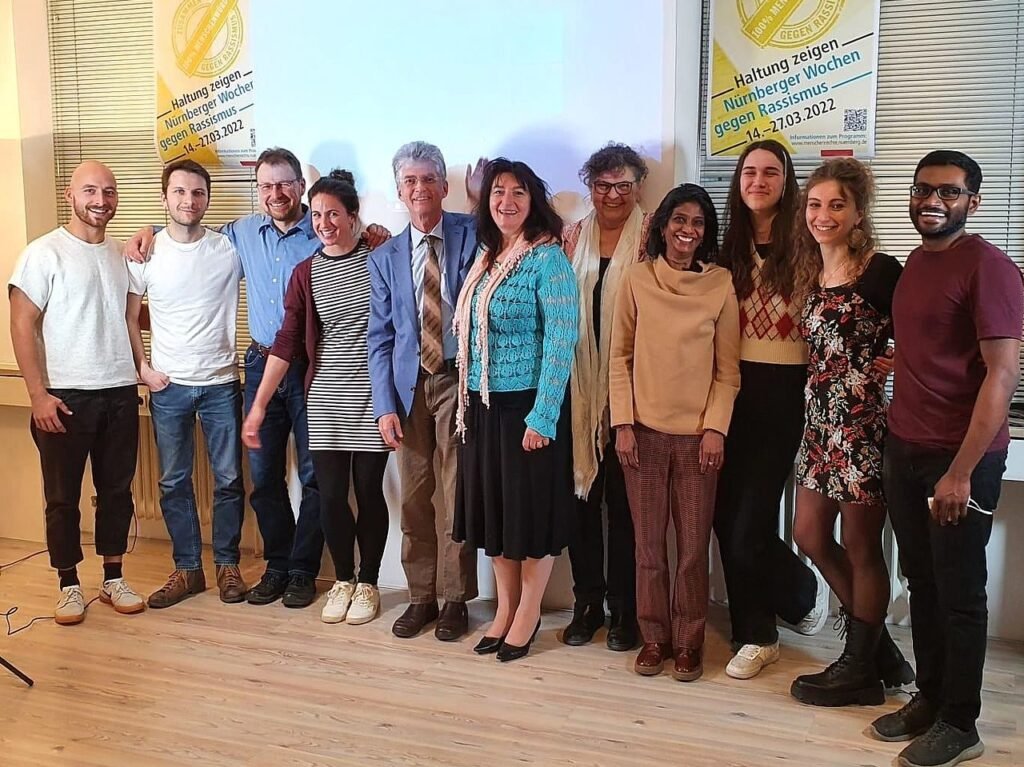
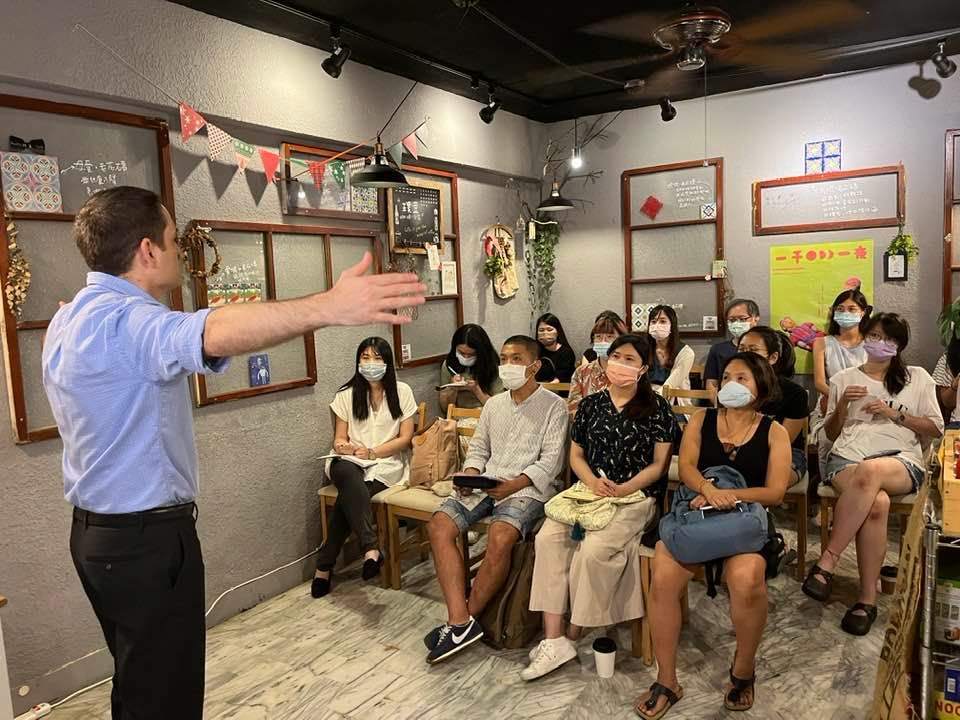
We do this not only through reading, studying and theoretical knowledge, but also by setting ourselves the goal of learning to live well, with strength and efficiency, at every moment in our lives. Taking advantage of the opportunities that arise and learning something positive even from adversity.
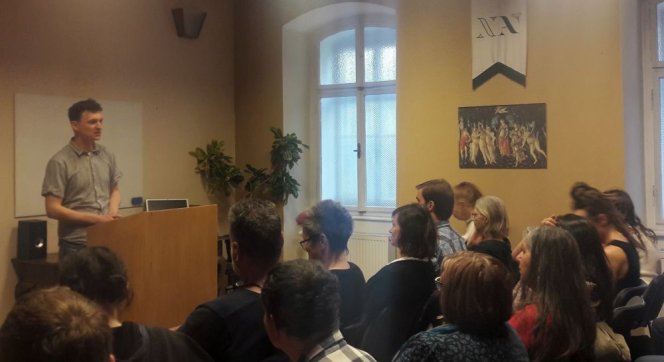
This means "Philosophy as a way of living" to us
We work to improve the world and humanity through philosophy in its deepest meaning: a philosophical quest that offers answers to contemporary problems and helps human beings develop in all their aspects.

School of Philosophy
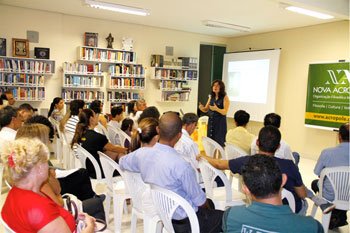
At the heart of the activities of New Acropolis is its School of Philosophy, which we understand as a way of life, that is, as a means of access to spiritual knowledge and to individual and collective realization.
The New Acropolis School of Philosophy draws on the powerful Platonic tradition to promote philosophy as a model for life, based on the knowledge and development of the qualities of each human being.
This School of Philosophy has a Program of Studies which is common to all countries and is taught in successive levels. It provides an updated version of the traditional knowledge of East and West, which, in accordance with classical humanism, combines the study of sciences, arts, religions and philosophies in a comparative way.
Introductory Programme
New Acropolis offers its program of Introduction to Philosophy through courses aimed at disseminating knowledge about the major schools of philosophy. With its emphasis on the practical application of those teachings, it aims to introduce a new approach, which integrates Eastern and Western thought and all the civilizations of the world and promotes a social commitment to our own times. This programme teaches values of an universal ethics which can unify all human beings with no distinction of religion or culture.
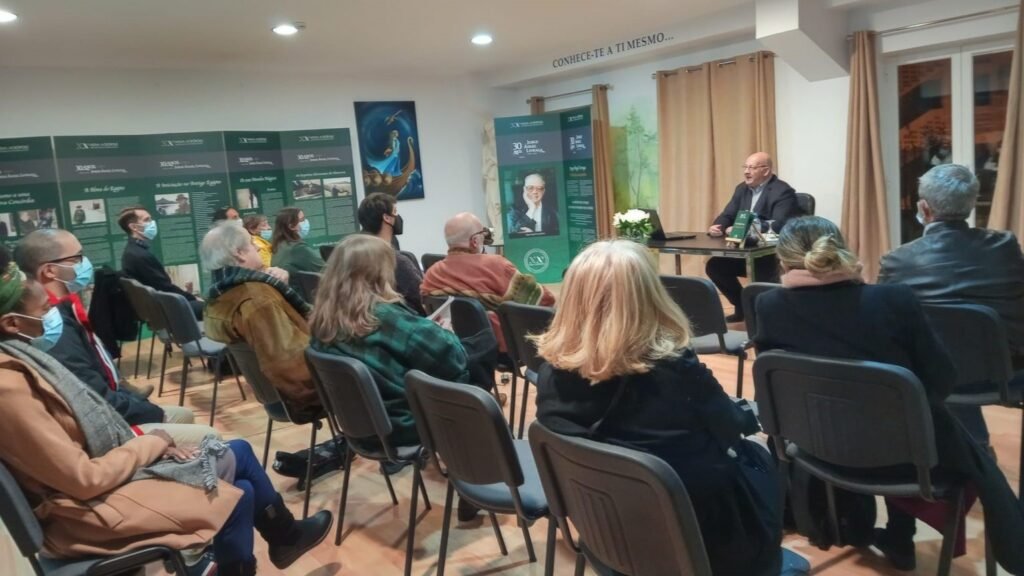
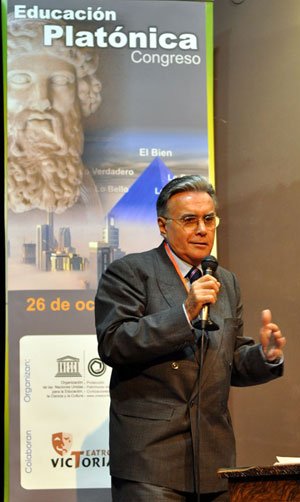
International Philosophy Program
This program aims to:
- Bring philosophy closer to all audiences
- Highlight its importance in daily life
- Promote reflection and the practice of dialogue
A cornerstone of this program is the celebration of World Philosophy Day.
Every year, the centers of New Acropolis around the world respond to the call of the United Nations Educational, Scientific and Cultural Organization (UNESCO) to celebrate World Philosophy Day, which has been taking place every November since 2002.
The programs organized by the different countries that form part of New Acropolis International (IONA) have brought philosophy closer to many different kinds of audiences using a wide variety of media and an imaginative range of different events.
There are forums and discussions aimed at getting people to reflect on the close relationship that exists between philosophy and timeless values. Other centers choose to stage performances of the immortal episodes of history, by recreating dialogues and messages of outstanding philosophers.
Other events link philosophy with the arts, promoting exhibitions and photographic competitions to give form in images to the conceptual richness brought to us by the great sages of the world.
IONA has a website dedicated to World Philosophy Day where it features some of the activities that take place every year throughout the world to celebrate this event.
